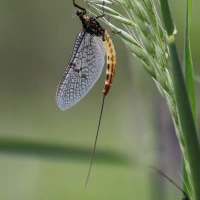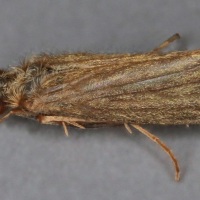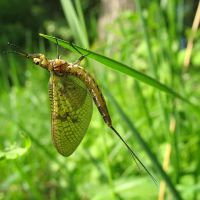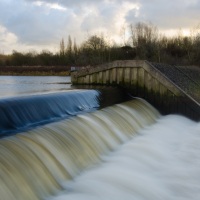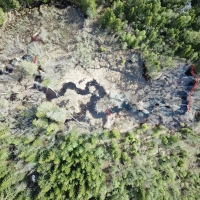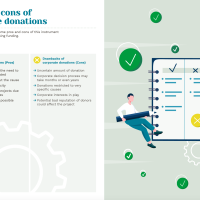Businesses could benefit from protecting biodiversity
The Economics of Ecosystems and Biodiversity (TEEB) study is a major international initiative to draw attention to the global economic benefits of biodiversity, to highlight the growing costs of biodiversity loss and ecosystem degradation, and to draw together expertise from the fields of science, economics and policy to enable practical actions moving forward.
Back in February I went to an Earthwatch lecture at the Said Business School in Oxford given by Pavan Sukhdev, TEEB study leader, who already then emphasised the importance of evaluating the costs of the loss of biodiversity and the associated decline in ecosystem services worldwide, and comparing them with the costs of effective conservation and sustainable use. These ideas are collated in the TEEB Climate Issues update (2009) and the TEEB for Policy Makers Report (2009).
The latest TEEB report: “The Economics of Ecosystems and Biodiversity: Report for Business” (executive summary here), argues that many sectors have a stake in protecting nature and that businesses can and should take a key role in stemming biodiversity loss around the world.
Freshwater is only mentioned 3 times in the 2009 report for policy makers and not at all in the latest executive summary of the report for businesses. This maybe because it is talking about biodiversity in general and forests, being the policy issue of the day with major economic engagement (REDD), are frequently referred to.
Where freshwater is mentioned, the report talks about freshwater resources for industry and consumption and makes no mention of the value of biodiverse water. This is a challenge for us. If we were to make a case that freshwater biodiversity is important for business what would it be? What good examples could we offer as examples for such reports?
Beyond a case for recreation-based businesses (e.g. fishing, tourism) I struggle to think of others and would be fascinated to hear your ideas.
The report, launched at the first Global Business of Biodiversity in London reported a study that states that half of European and US consumers say they would stop buying products from companies that disregard biodiversity concerns. Companies are increasingly paying attention to brand reputation and this suggests that another strategy might be to more actively highlight the impacts of corporations on freshwater biodiversity.
TEEB will produce its final report for October’s meeting of the UN Convention on Biological Diversity (CBD) in Japan, which will see governments examining the reasons why they have failed to live up to their 2002 pledge to curb nature loss by 2010.
Looking forward to read your comments!
Muriel Bonjean





